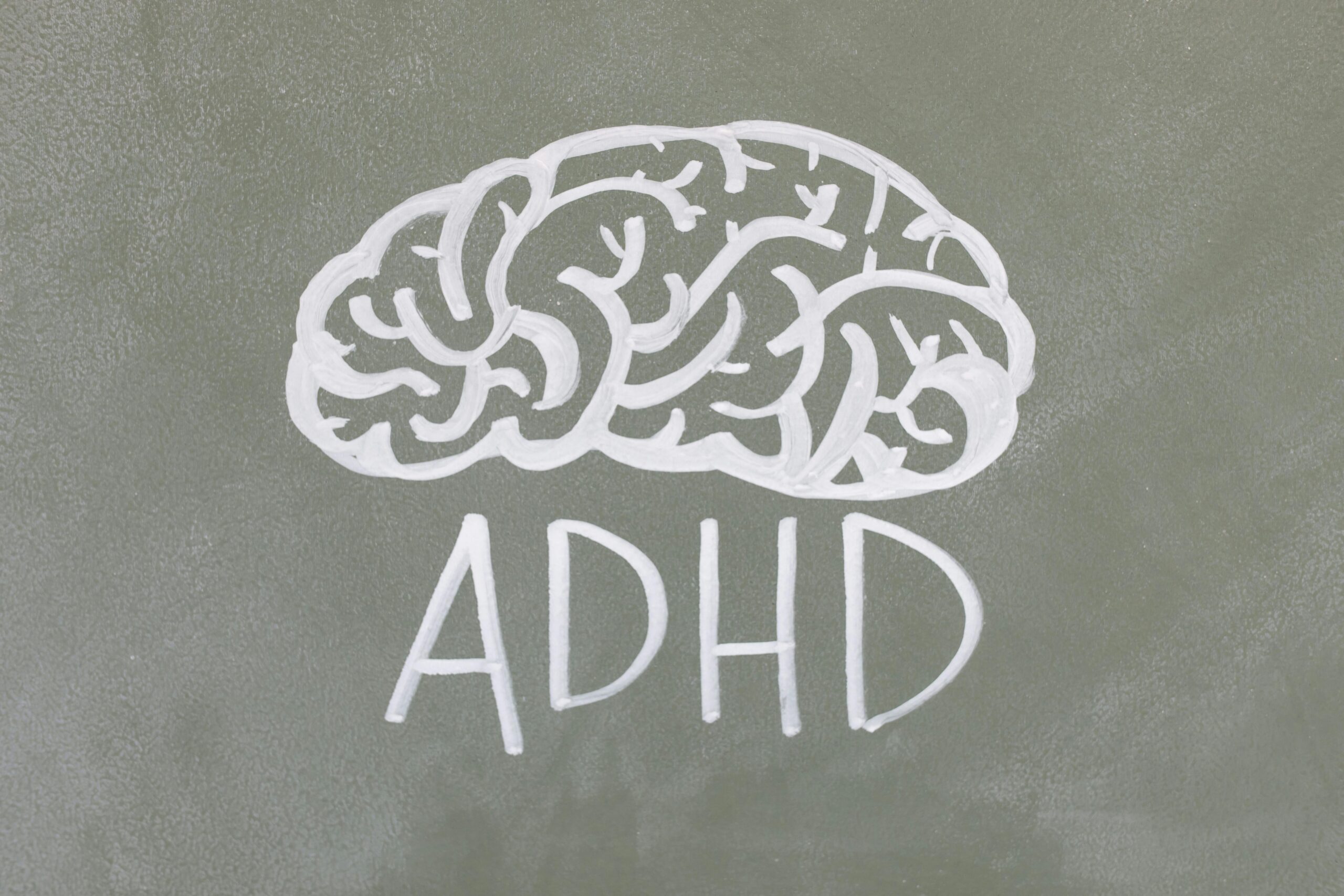Introduction
Adult Attention Deficiency Hyperactivity Disorder (ADHD) is a condition that is often misunderstood. While it is commonly associated with children, many adults continue to experience its effects long after childhood. Understanding Adult ADHD is crucial for effective management and improving the quality of life. This article will delve into seven powerful insights about Adult ADHD, covering its causes, symptoms, diagnosis, treatment options, and coping strategies.

Table of Contents
1. Causes and Risk Factors
Understanding the origins of Adult ADHD can provide insight into its complexities. The causes of Adult ADHD are multifaceted and can include:
- Genetic Factors: Research indicates that genetics plays a significant role in ADHD. If a family member has ADHD, the chances of developing the disorder increase significantly.
- Neurological Factors: Studies suggest that structural and functional differences in the brain may contribute to ADHD. Certain brain areas responsible for attention and impulse control may be less active or underdeveloped.
- Environmental Influences: Prenatal exposure to substances such as tobacco, alcohol, or drugs can increase the risk of developing ADHD later in life. Early childhood trauma or exposure to environmental toxins may also play a role.
2. Symptoms of Adult ADHD
The symptoms of Adult ADHD can manifest in various ways, affecting daily functioning. Common symptoms include:
- Inattention: Difficulty focusing on tasks, often resulting in incomplete projects or missed deadlines.
- Impulsivity: Making hasty decisions without considering the consequences, which can impact personal and professional relationships.
- Restlessness: While hyperactivity may lessen with age, feelings of restlessness and an inability to relax often persist in adults.
- Disorganization: Adults with ADHD may struggle with organizing tasks, maintaining schedules, and managing time effectively.
- Emotional Dysregulation: Adults with ADHD often experience mood swings, frustration, and difficulty managing emotions, which can lead to interpersonal conflicts.

3. Diagnosis of Adult ADHD
Diagnosing Adult ADHD can be challenging, as symptoms often overlap with other mental health disorders. A thorough evaluation by a healthcare professional typically involves:
- Clinical Interviews: Discussing symptoms and personal history to identify patterns consistent with ADHD.
- Behavioral Assessments: Utilizing standardized assessment tools to evaluate symptom severity and impact on daily life.
- Self-Report Questionnaires: Individuals may be asked to complete questionnaires assessing ADHD symptoms and their effects on functioning.
4. Treatment Options
Treatment for Adult ADHD often requires a multifaceted approach. Effective strategies include:
- Medication: Stimulants, such as amphetamines and methylphenidate, are commonly prescribed to help manage symptoms. Non-stimulant options may also be available for those who do not respond well to stimulants.
- Therapy: Cognitive Behavioral Therapy (CBT) is particularly effective in helping individuals develop coping strategies and improve organizational skills. Therapy can also address coexisting conditions like anxiety or depression.
- Lifestyle Changes: Incorporating regular physical activity, a healthy diet, and sufficient sleep can have a positive impact on ADHD symptoms. Mindfulness and relaxation techniques can also help manage stress.

5. Coping Strategies
Adults with ADHD can adopt various strategies to manage their symptoms effectively:
- Create Structure: Developing routines and sticking to schedules can improve organization and productivity. Utilizing calendars and reminders can aid in task management.
- Break Tasks into Smaller Steps: Breaking larger tasks into manageable steps can prevent feelings of overwhelm and help maintain focus.
- Seek Support: Connecting with support groups or engaging in therapy can provide valuable resources and encouragement from others facing similar challenges.
6. The Importance of Awareness
Raising awareness about Adult ADHD is vital. Many adults may not realize they have the condition, leading to feelings of frustration and inadequacy. Understanding the disorder can encourage individuals to seek help and advocate for their needs.

7. Final Thoughts
In conclusion, Adult Attention Deficiency Hyperactivity Disorder is a complex condition that can significantly impact an individual’s life. By understanding its symptoms, causes, and effective treatment options, adults can take control of their lives and improve their overall well-being. If you suspect you may have ADHD or are struggling with its effects, consulting a healthcare provider is a crucial step toward better management.
If you need more information or help with your health journey, feel free to contact us at Health Authentica.










